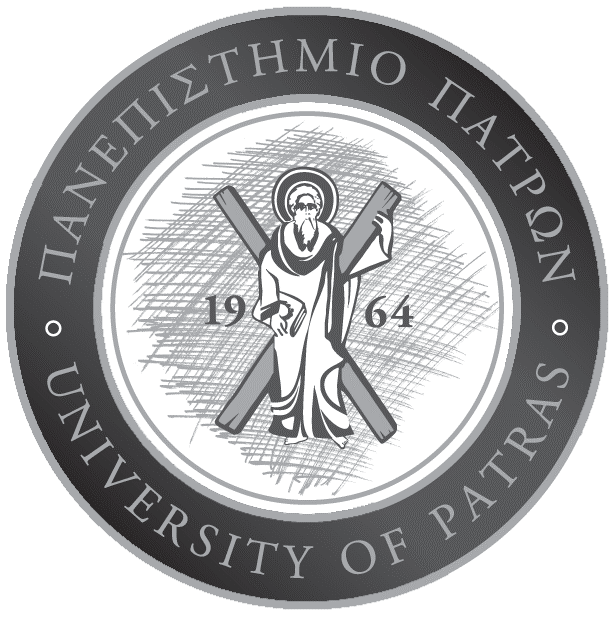Information
| Course Code | EIP220 |
| Semester | 2 |
| Category | Optional |
| ECTS Credits | 7 |
| Eclass |
Professors
Sgarbas K.
Fakotakis N.
Proposed Bibliography
- Deller, J., J. Proakis, and J. Hansen. “Discrete-Time Processing of Speech Signals”. New York: Macmillan, 1993.
- Gersho, A. and R. M. Gray. “Vector Quantization and Signal Compression”. Boston: Kluwer, 1992.
- Jayant, N. S. and P. Noll. “Digital Coding of Waveforms: Principles and Applications to Speech and Video”. Signal Processing Series, ed.A. V. Oppenheim. Englewood Cliffs: Prentice-Hall, 1984.
- Kleijn, W. B. and K. K. Paliwal, ed. “Speech Coding and Synthesis”. Amsterdam: Elsevier, 1995.
- Lee, C.-H., F. K. Soong, and K. K. Paliwal, ed. “Automatic Speech & Speaker Recognition: Advanced Topics. International Series in Engineering & Computer Science, Natural Language Processing & Machine Translation: Multimedia Systems & Applications”. Boston:Kluwer Academic Publishers, 1996.
- Owens, F. J. “Signal Processing of Speech”. New York: McGraw-Hill, 1993.
- Rabiner, L. and B.-H. Juang. “Fundamentals of Speech Recognition. Signal Processing”, ed. A. Oppenheim. Englewood Cliffs: Prentice Hall, 1993.
Course Description
- Sound modeling. Waveform coding PCM,ADPCM, Delta Modulation, VQ, optimal quantization, Linear prediction, Analog speech coders, Digital speech coders, (LPC, CELP).
- Homomorphic Speech Processing, Speech synthesis, Speech Recognition, Speaker Recognition, Markov Models, Neural Networks.
- Digital Speech Processing Hardware (Digital Signal Processing (DSP) chips – TI, AT&T, Motorola and Motorola CVSD and ADPCM chips). State-of-the-Art Speech Coding Standards. Speech Transformation


